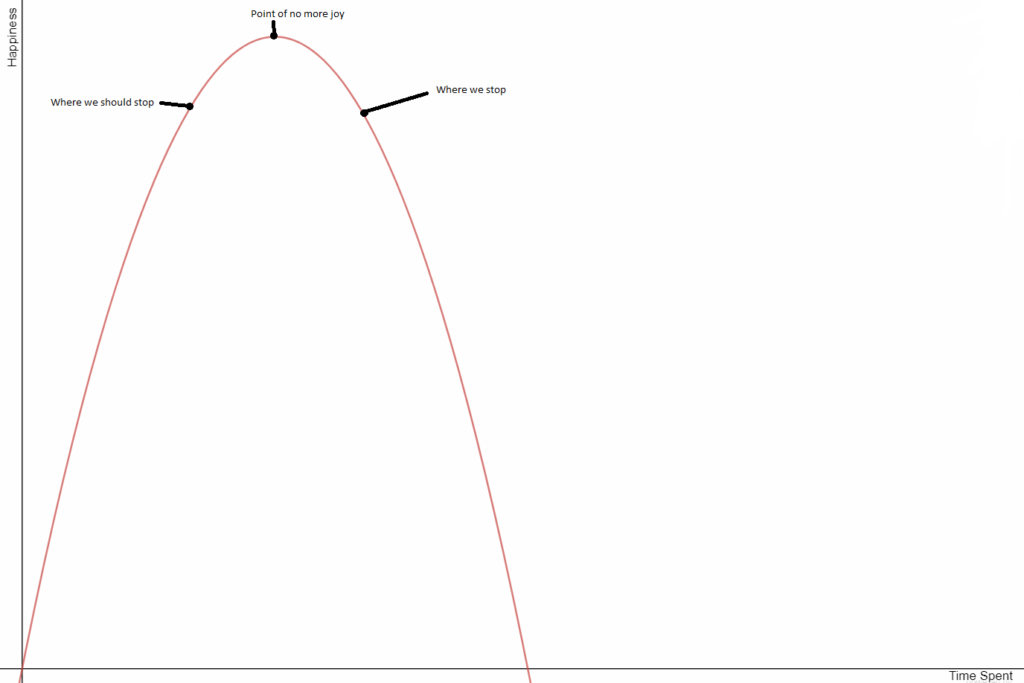The most important things in life are, well, the most important things in life. They’re your values. You get to decide what they are and what they mean to you. It’s a big decision, and not one you can put off. Because you use your values every day. Your values are how you judge your actions. Or put another way, your actions are how you express your values.
The Purpose of Questions
It’s not always easy to see the impact our actions make. Often the effects can’t be seen or felt until much later. We need another tool to pry this understanding from reality, the question.With a few questions we can step back, and see the bigger picture, or dive into the details.
But questions can give us more than just understanding. They can also fuel our motivation. It’s not enough to know that your actions change something important. You also need to feel it too.
Questions should demand action
Some questions (most) are answered with words. The best are answered with actions. This starts with the way you phrase your question. Instead of asking yourself how something works, ask what you need to do to change it. This keeps your end goal in mind (you do want to use that understanding, don’t you?). While you’ll still need to gain understanding, focusing on the end goal helps you to filter out information that isn’t necessary. By asking what you need to do, you’ll push yourself into using your insight.
Questions should contrast possible outcomes
For years, I’ve set goals and then tried to force myself to take the actions necessary to complete them. This led to me dragging myself to the finish line, tired and bruised, or quitting before I even got there. I didn’t realize that there was an alternative, so I tried to bulk up on willpower. Instead of relying on willpower, I’d recommend using whypower (it’s a more renewable resource). Constantly direct your focus to what you’re aiming at. When things get hard, look back to your why, instead of trying to follow arbitrary commands from your past self.
And questions are the best tool for this. Questions can be used to contrast the differences in the possible outcomes, and show how your actions will steer you towards one or the other. Where are your actions taking you? Is that somewhere you’d like to go? What about it makes it so? How is your action taking you there?
A Question for You
What question can you ask yourself that will most help you reach your goals?
For me, it is this: “Is this helping me learn to become a more capable writer?”

